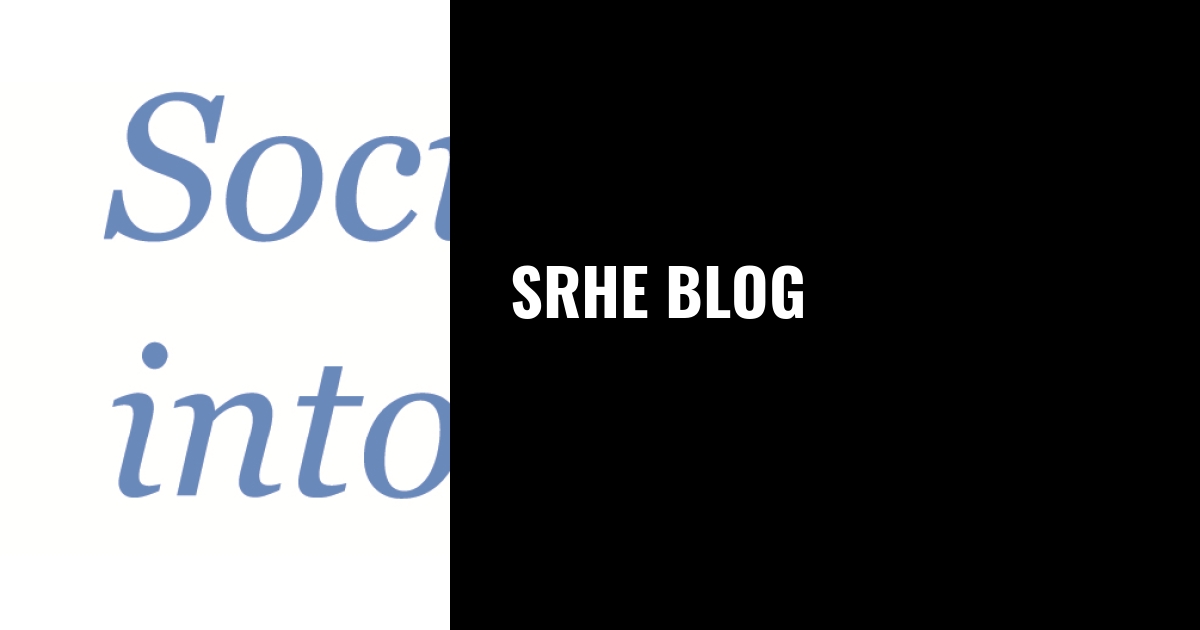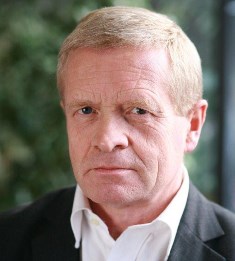by Paul Temple
When Robert Oppenheimer graduated from Harvard in 1925, young American scientists wanting to work with the world’s best researchers crossed the Atlantic as a matter of course. As a theoretical physicist, Oppenheimer’s choice was between Germany, particularly Göttingen and Leipzig, and England, particularly Cambridge. If you’ve seen the movie, you’ll know that Cambridge didn’t work out for him, so in 1926 he went to work with Max Born, one of the leading figures in quantum mechanics, at Göttingen, receiving his doctorate there just a year later. His timing was good: within a few years from the Nazi seizure of power in 1933, attacks on academics, Jewish and otherwise, and then of course the Second World War, had destroyed what was perhaps the world’s most important university system. Let us note that academic structures, depending on relatively small numbers of intellectual leaders, usually able to move elsewhere, are fragile creations.
I used to give a lecture about the role of universities in driving economic development, with particular reference to scientific and technological advances. Part of this lecture covered the role of US universities in supporting national economic progress, starting with the Land Grant Acts (beginning in 1862, in the middle of the Civil War for heaven’s sake!), through which the federal government funded the creation of universities in the new states of the west; going on to examine support for university research in the Second World War, of which the Manhattan Project was only a part; followed by the 1945 report by Vannevar Bush, Science – the endless frontier, which provided the rationale for continued government support for university research. The Cold War was then the context for further large-scale federal funding, not just in science and technology but in social science also, spin-offs from which produced the internet, biotech, Silicon Valley, and a whole range of other advanced industries. So, my lecture concluded, look at what a century-and-a-half of government investment in university-derived knowledge gets you: if not quite a new society, then one changed out of all recognition – and, mostly, for the better.
The currently-ongoing attack by the Trump administration on American universities seems to have overlooked the historical background just sketched out. My “didn’t it work out just fine?” lecture now needs a certain amount of revision: it is almost describing a lost world.
President Trump and his MAGA movement, says Nathan Heller writing in The New Yorker this March, sees American universities as his main enemies in the culture wars on which his political survival depends. Before he became Trump’s Vice-President, JD Vance in a 2021 speech entitled “The Universities are the enemy” set out a plan to “aggressively attack the universities in this country” (New York Times, 3 June 2025). University leaderships seem to have been unprepared for this unprecedented assault, despite ample warning. (A case where Trump and his allies needed to be taken both literally and seriously.) Early 2025 campus pro-Palestinian protests then conveniently handed the Trump administration the casus belli to justify acting against leading universities, further helped by clumsy footwork on the part of university leaderships who seem largely not to have rested their cases on the very high freedom of speech bar set by the First Amendment, meaning that, for example, anti-Semitic speech (naturally, physical attacks would be a different matter) would be lawful under Supreme Court rulings, however much they personally may have deplored it. Instead, university presidents allowed themselves to be presented as apologists for Hamas. (Needless to say, demands that free speech should be protected at all costs does not apply in the Trump/Vance world to speech supporting causes of which they disapprove.)
American universities have never faced a situation remotely like this. As one Harvard law professor quoted in the New Yorker piece remarks, the Trump attacks are about the future of “higher education in the United States, and whether it is going to survive and thrive, or fade away”. If you consider that parallels with Germany in 1933 are far-fetched, please explain why.
SRHE Fellow Dr Paul Temple is Honorary Associate Professor in the Centre for Higher Education Studies, UCL Institute of Education.



